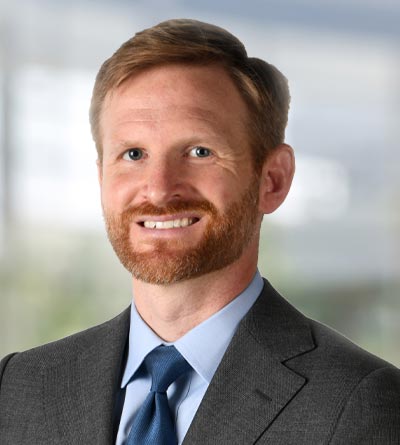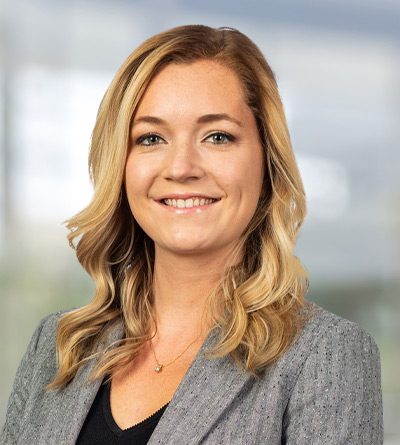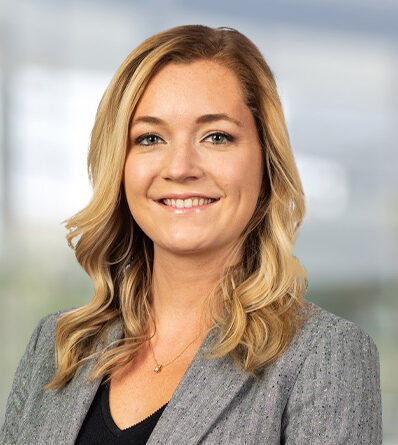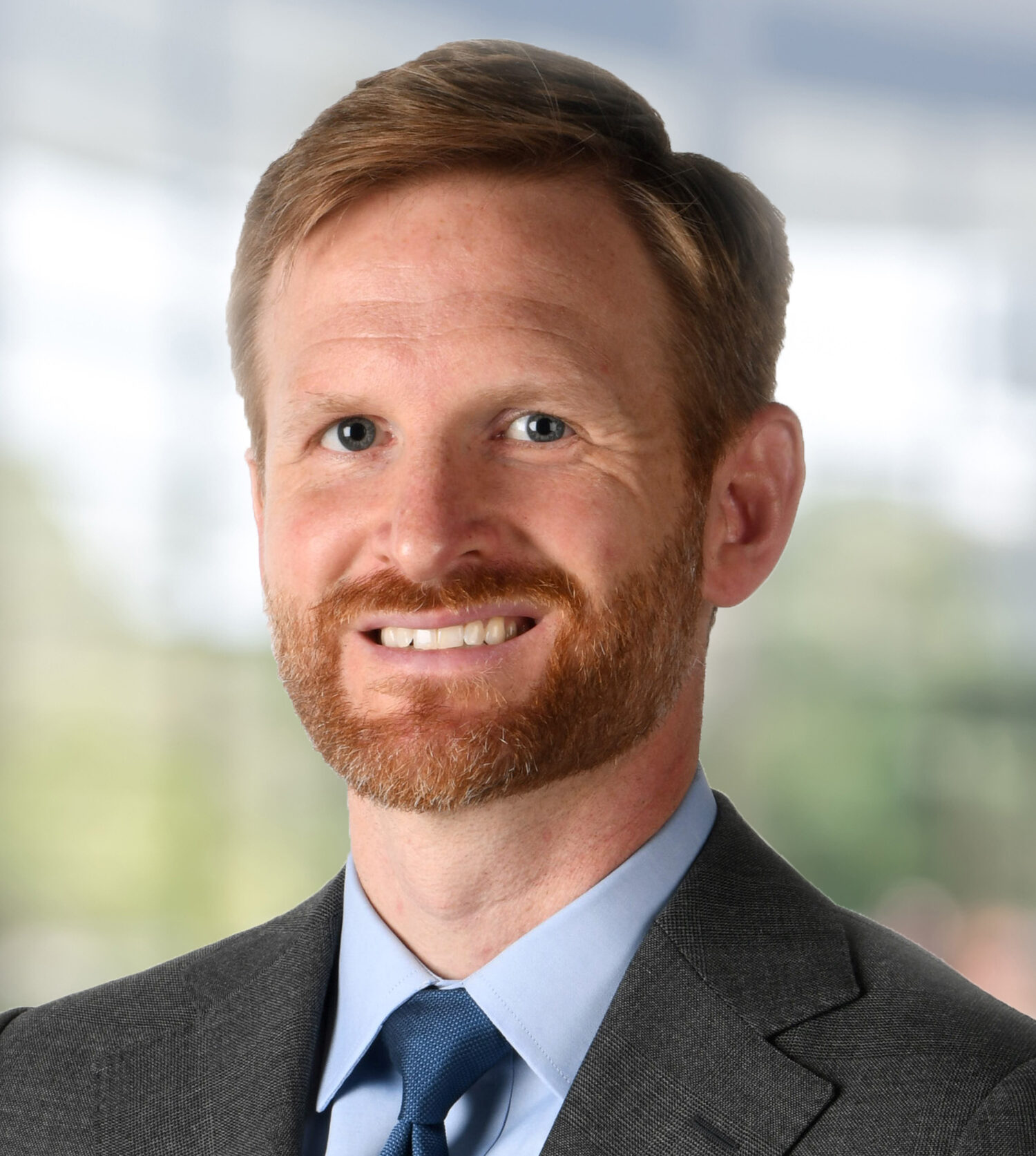Publications
False Claims Act Prohibitions Do Not Preclude Recovery of Attorney Fees by Multiple Relators
By: Matthew R. Palmer-Ball & Lexy Gross Holland
Companies in Kentucky, Tennessee, Ohio, and Michigan that are settling False Claims Act (“FCA”) cases should negotiate with the expectation of paying for reasonable attorney fees for multiple relators, not simply for the relator that directly receives payment from the government, if those relators were part of a “global, cooperative settlement between the government, relators, and defendants.” The FCA’s “first-to-file” and “public-disclosure” bars are not a roadblock to the recovery of attorney fees for successful relators who share in an award, the U.S. Court of Appeals for the Sixth Circuit recently held.
In United States ex rel. Bryant v. Cmty. Health Sys., Inc., 24 F.4th 1024, 1026 (6th Cir. 2022), the government intervened in an FCA case involving multiple relators, who made interrelated claims against defendant Community Health Services (“CHS”). The government had encouraged the different relators to work together in investigating the case, which they did, entering into a private agreement to share any proceeds from the case. Id. at 1028. Eventually, CHS entered into a settlement agreement worth more than $97 million with the government and the different relators. Id. at 1029. As part of the settlement proceedings, all relators were dismissed from their cases so the government could intervene, and only two relators received payments directly from the government. Id. Those two relators were responsible for sharing the proceeds with the other relators pursuant to the sharing agreement. Id.
Apart from the settlement amount, the parties had maintained in the settlement agreement the right to challenge attorney fees as provided for in 31 U.S.C. § 3730(d), id. at 1029, and CHS subsequently argued that section 3730(d)(1) allowed for attorney fees only for relators who received direct payment from the government. Additionally, CHS asserted that the other relators were precluded from receiving fees because of the FCA’s first-to-file and public-disclosure bars, id. at 1031.
The Sixth Circuit disagreed with CHS (and rulings from the lower court and multiple district courts around the country). See id. at 1030 (reversing lower court); id. at 1033 (collecting cases). First, the Court interpreted section 3730(d)(1) to mean that all “persons who receive a relator’s share may recover attorneys’ fees” under the FCA, regardless of whether they received it directly from the government or indirectly from a fellow relator. Id. at 1032–34.
Second, the Court held that the FCA does not require the satisfaction of its first-to-file or public-disclosure bars as conditions for the receipt of attorney fees for multiple relators. Id. at 1034–36. These two bars were meant to prevent later plaintiffs from bringing related actions based on the same underlying facts. Id. at 1034. The Court distinguished the seven relators in this case from those in which the “proverbial ‘opportunistic plaintiffs’” attempt to feed off of a prior disclosure of fraud. Id. at 1035. In short:
If multiple relators uncover multiple independent parts of the same complex scheme and the government uses the relators’ collective resources to investigate the fraud, it would be unfair to allow solely the first relator’s attorney to recover all the attorney fees because that relator discovered one part of the fraud first.
Id. at 1035.
This case highlights one of many issues parties should consider when negotiating an FCA settlement with multiple relators. Rules that would typically bar successive relators from bringing a claim once a case is filed or publicly disclosed will not prevent those relators from seeking attorney fees if they received a share of proceeds pursuant to a sharing agreement. This case also highlights how fact-specific such an analysis can be, as well as a potential impact caused by the relationship between the government and relators prior to any success in litigation or settlement. In addition to a $97 million settlement, CHS will be required, seven years later, to pay reasonable attorney fees for the “collaborative effort” of counsel, which resulted in nearly 7,000 total billable hours. Id. at 1028. No doubt, counsels’ fees will be significant, adding a considerable statutorily required payment from the defendant.

Matthew R. Palmer-Ball
Matt Palmer-Ball is a seasoned trial attorney and former federal prosecutor. He concentrates his practice in the areas of complex commercial litigation, white collar crime, and internal and government investigations. Prior to joining Wyatt, Matt served as a Trial Attorney with the U.S. Department of Justice’s Public Integrity Section and as an Assistant U.S. Attorney for the District of Columbia. Read more.

Lexy Gross Holland
Lexy Gross Holland is a member of the firm’s Litigation & Dispute Resolution team. She assists with the representation of a broad range of clients in a variety of cases, including appellate practice, constitutional law and commercial litigation. Read more.

